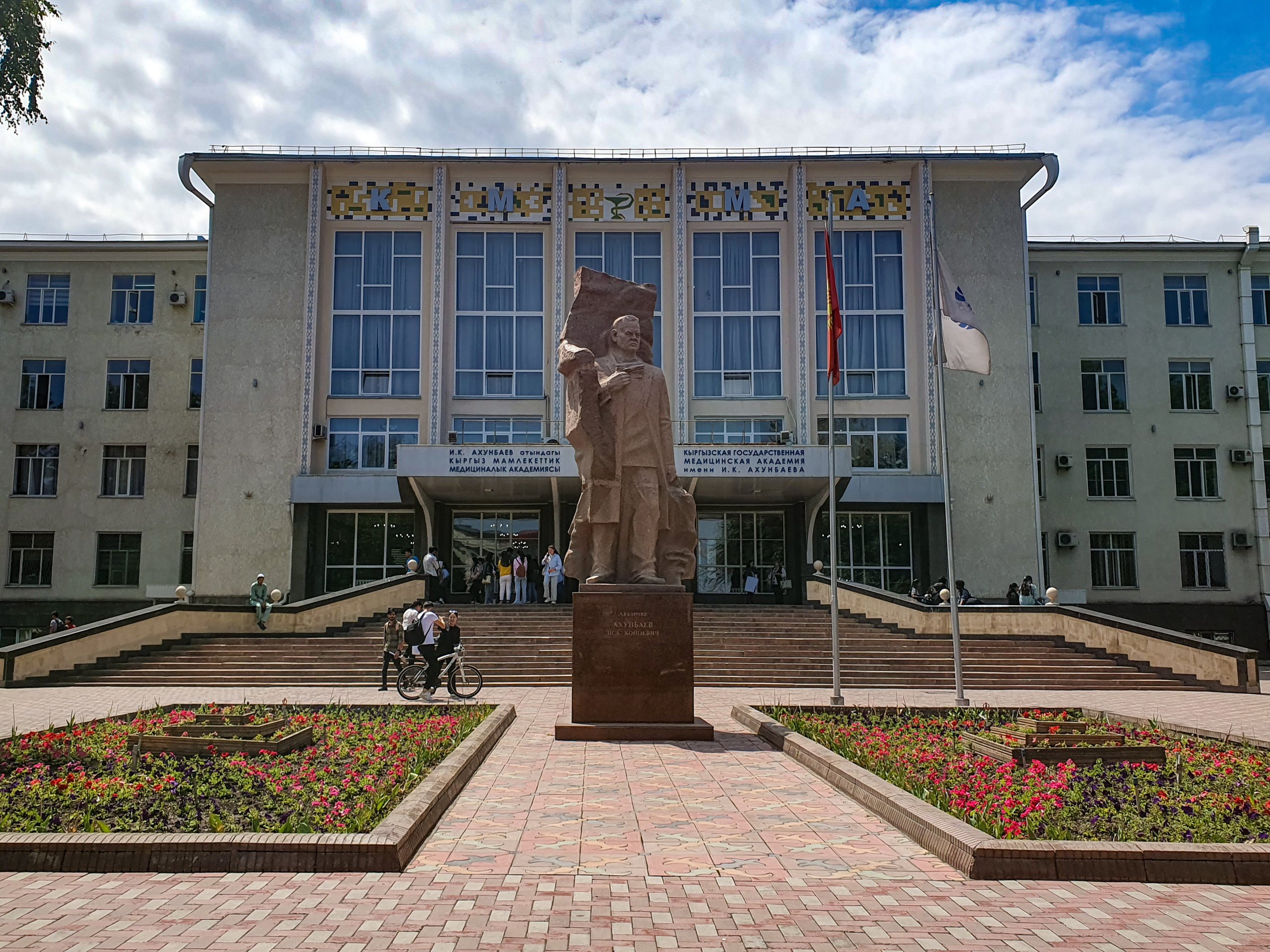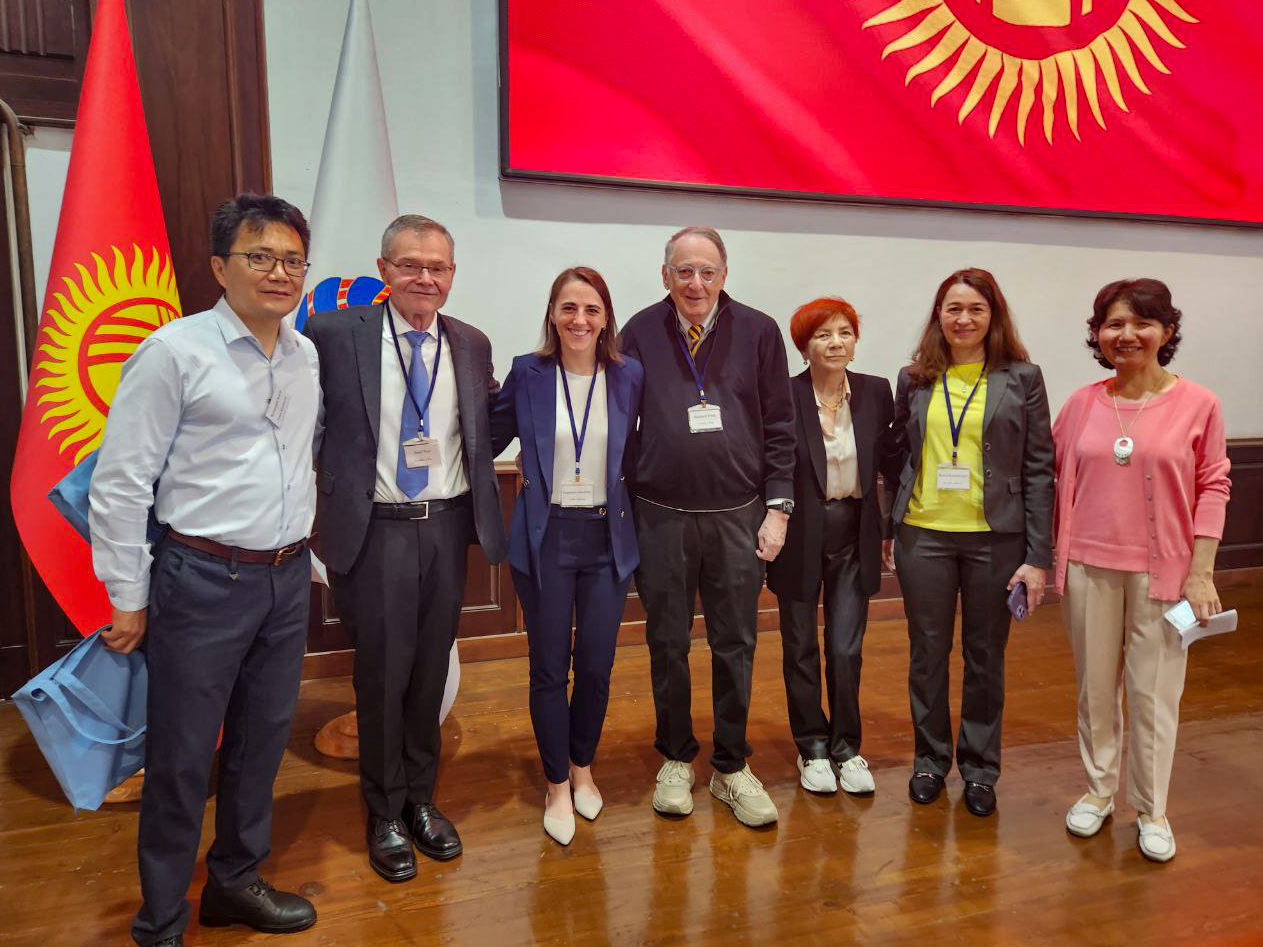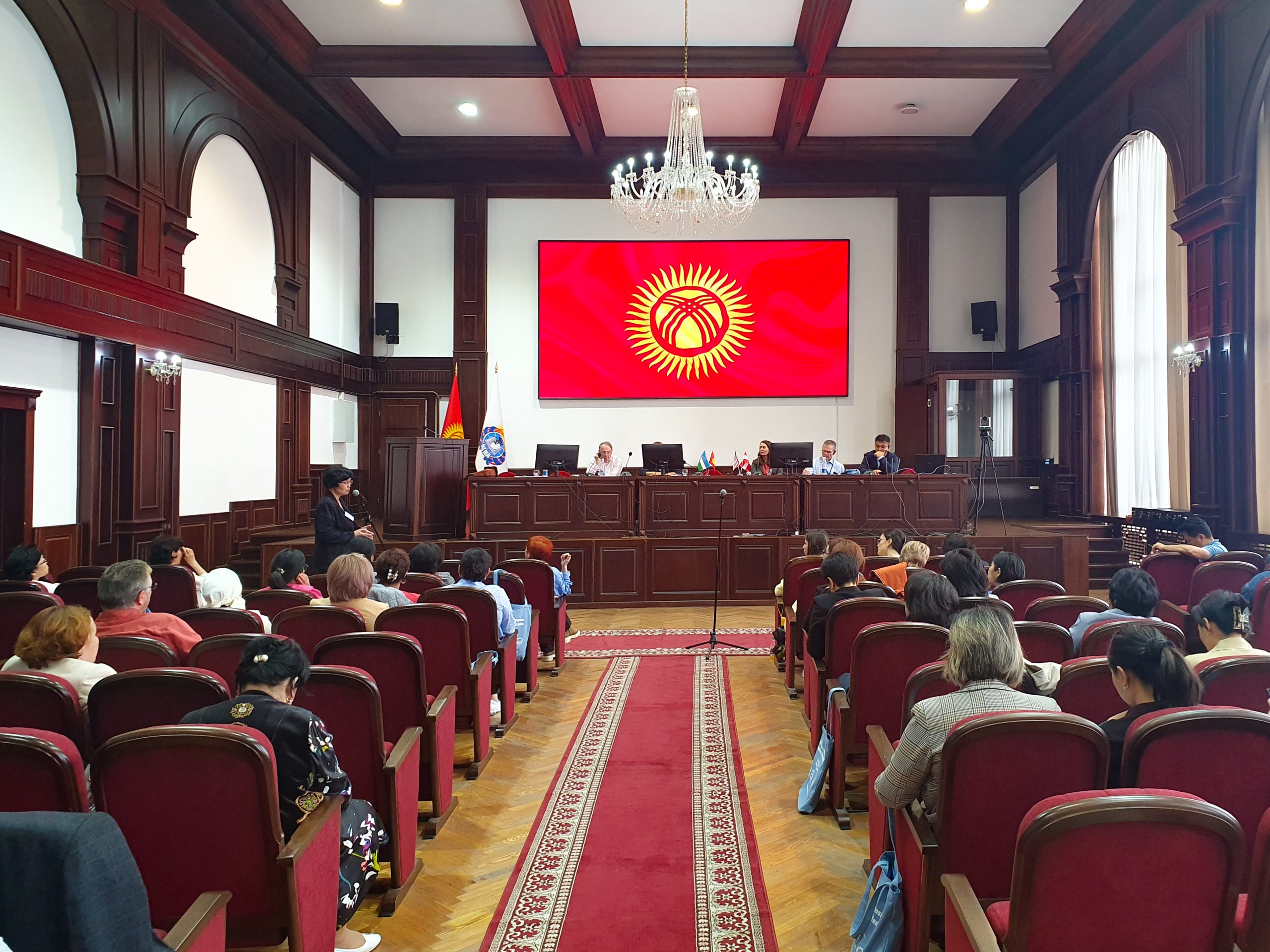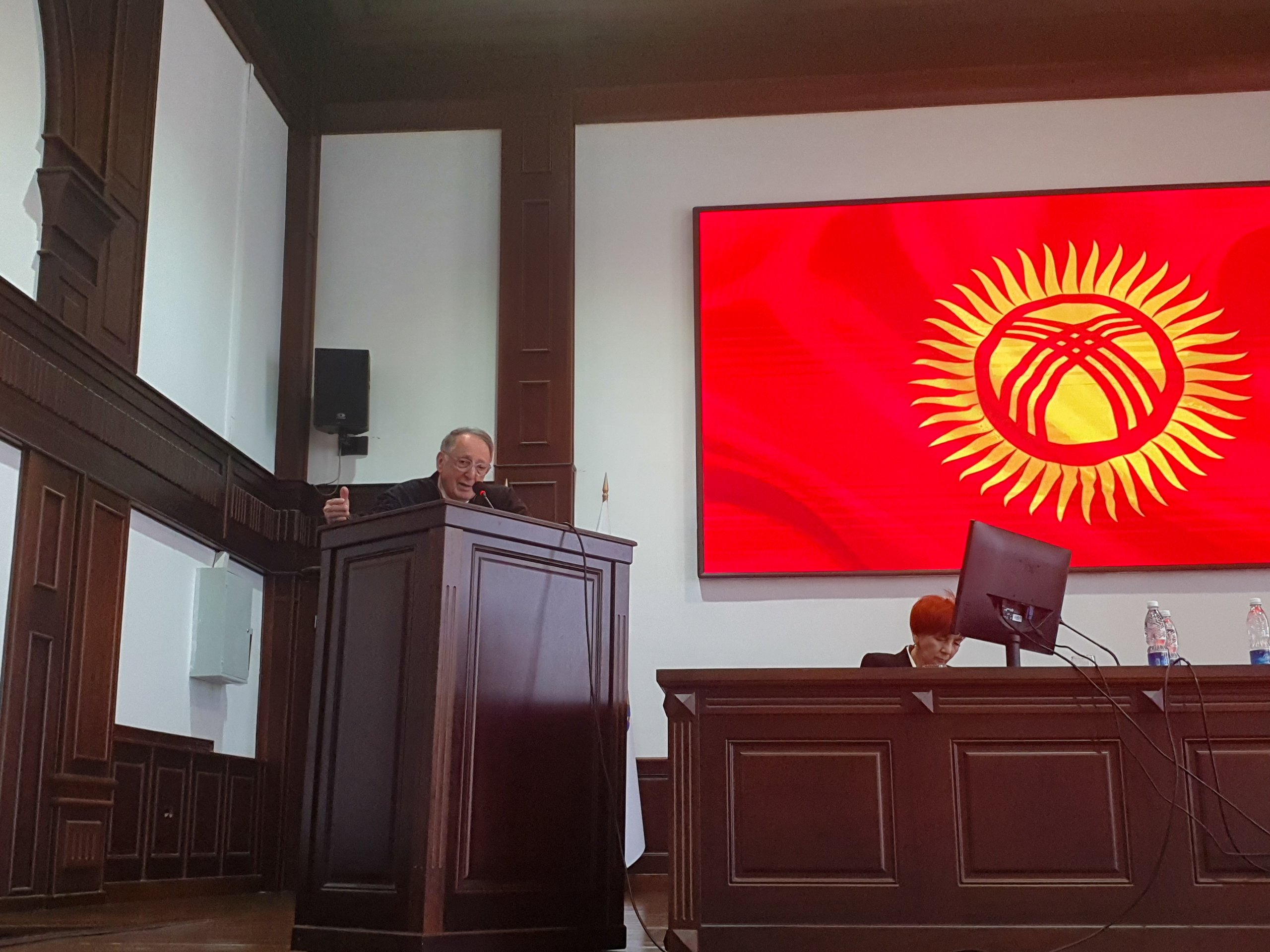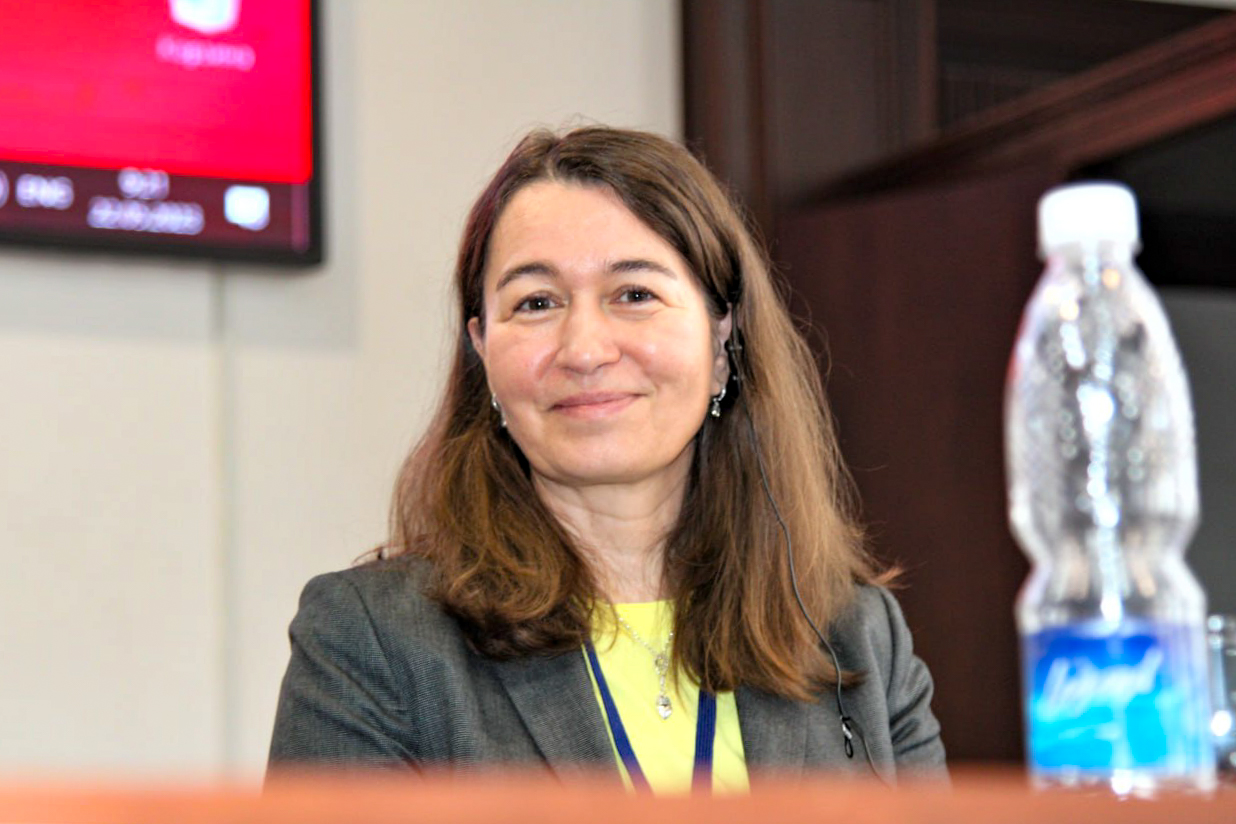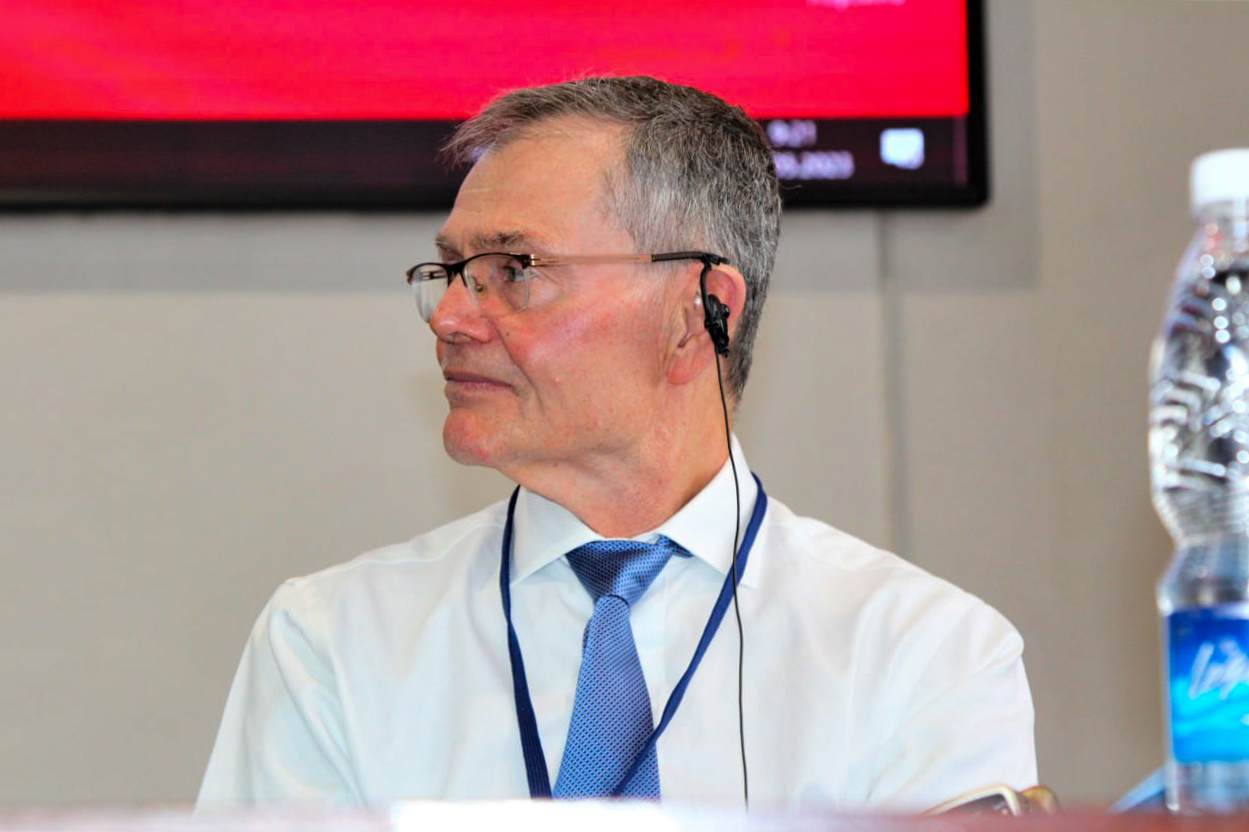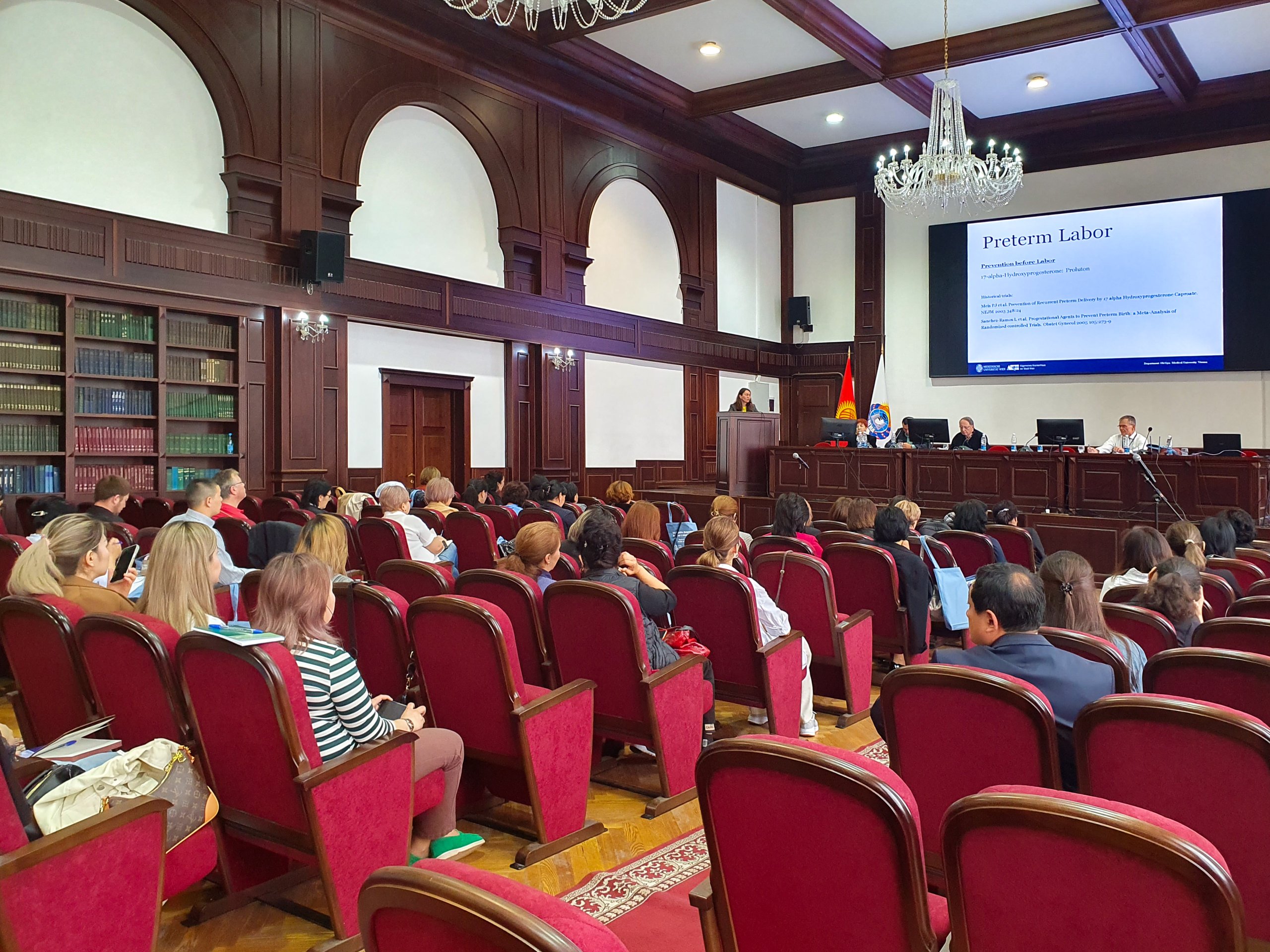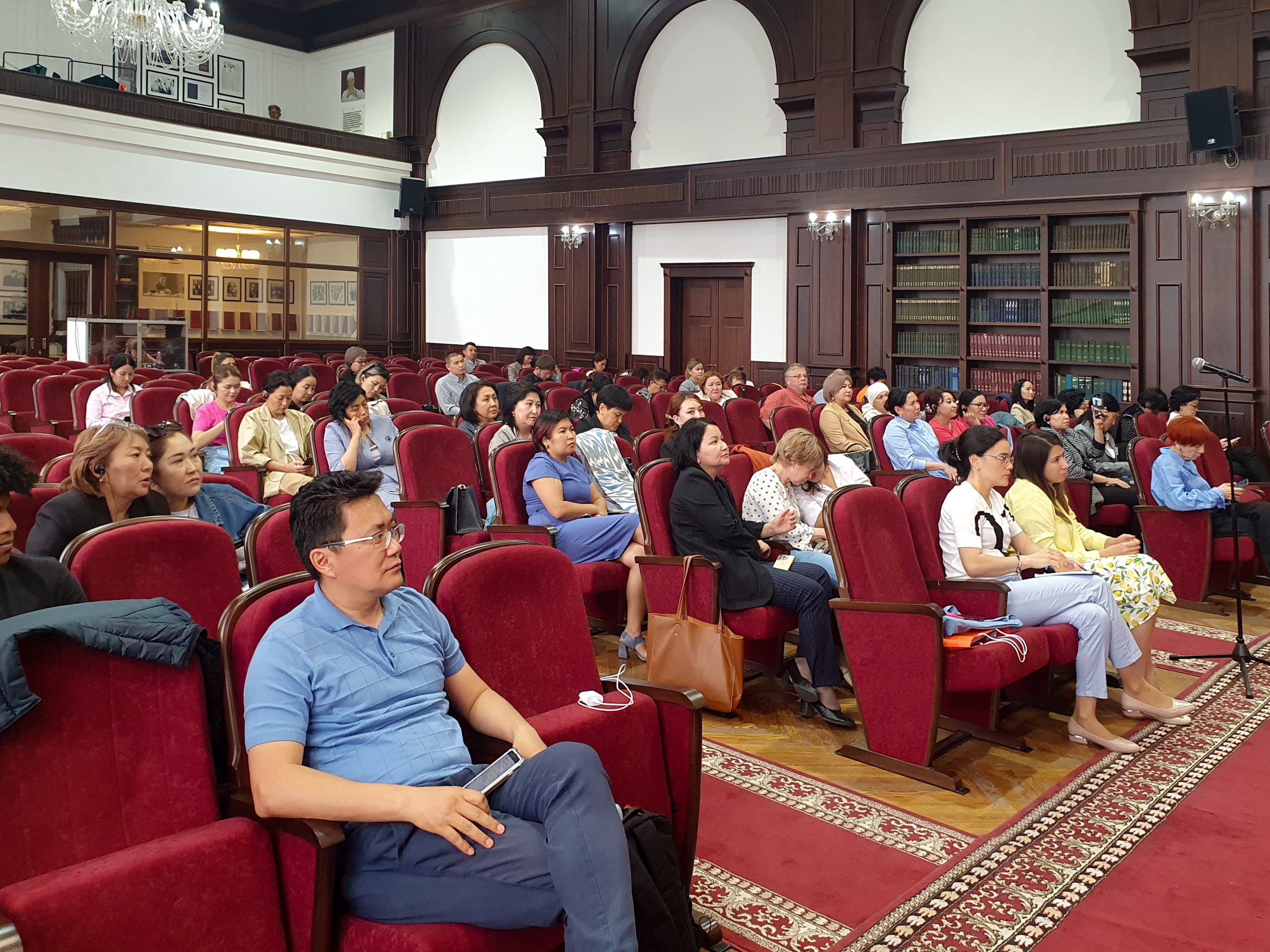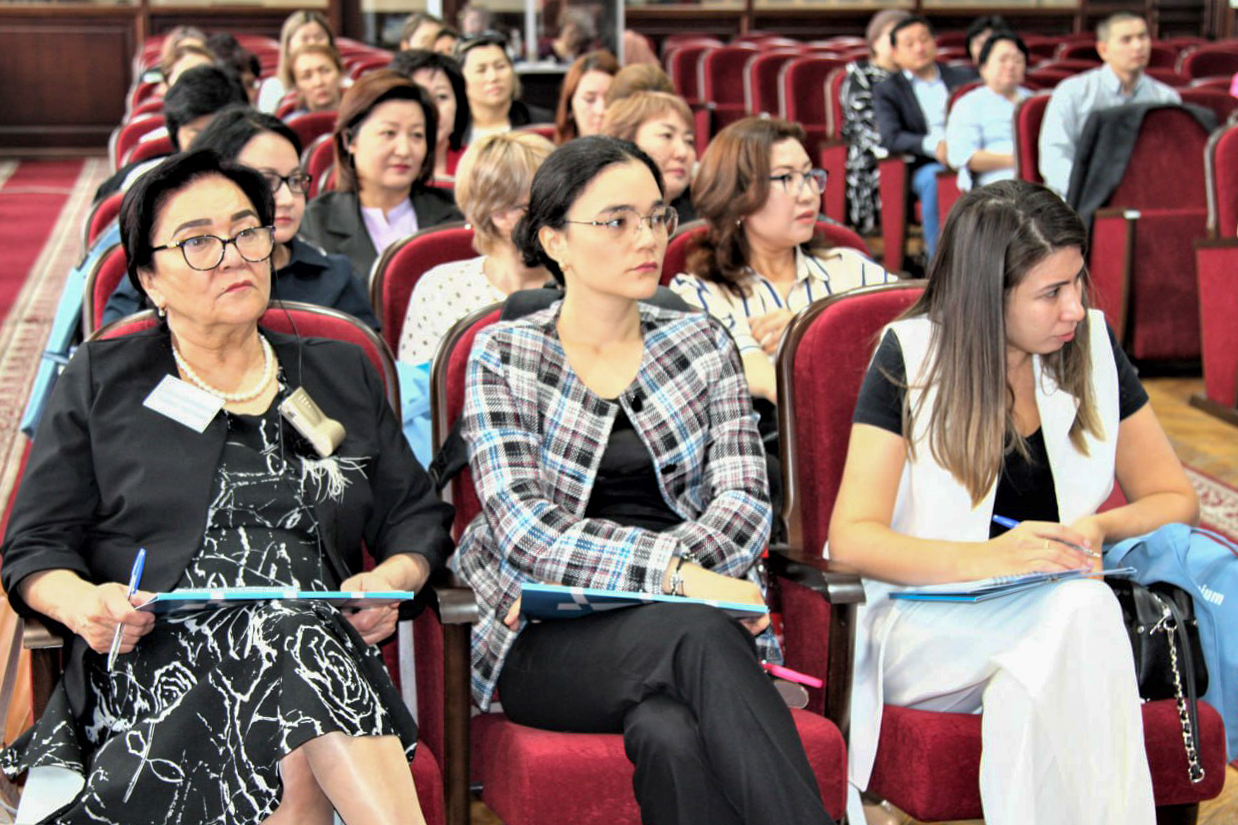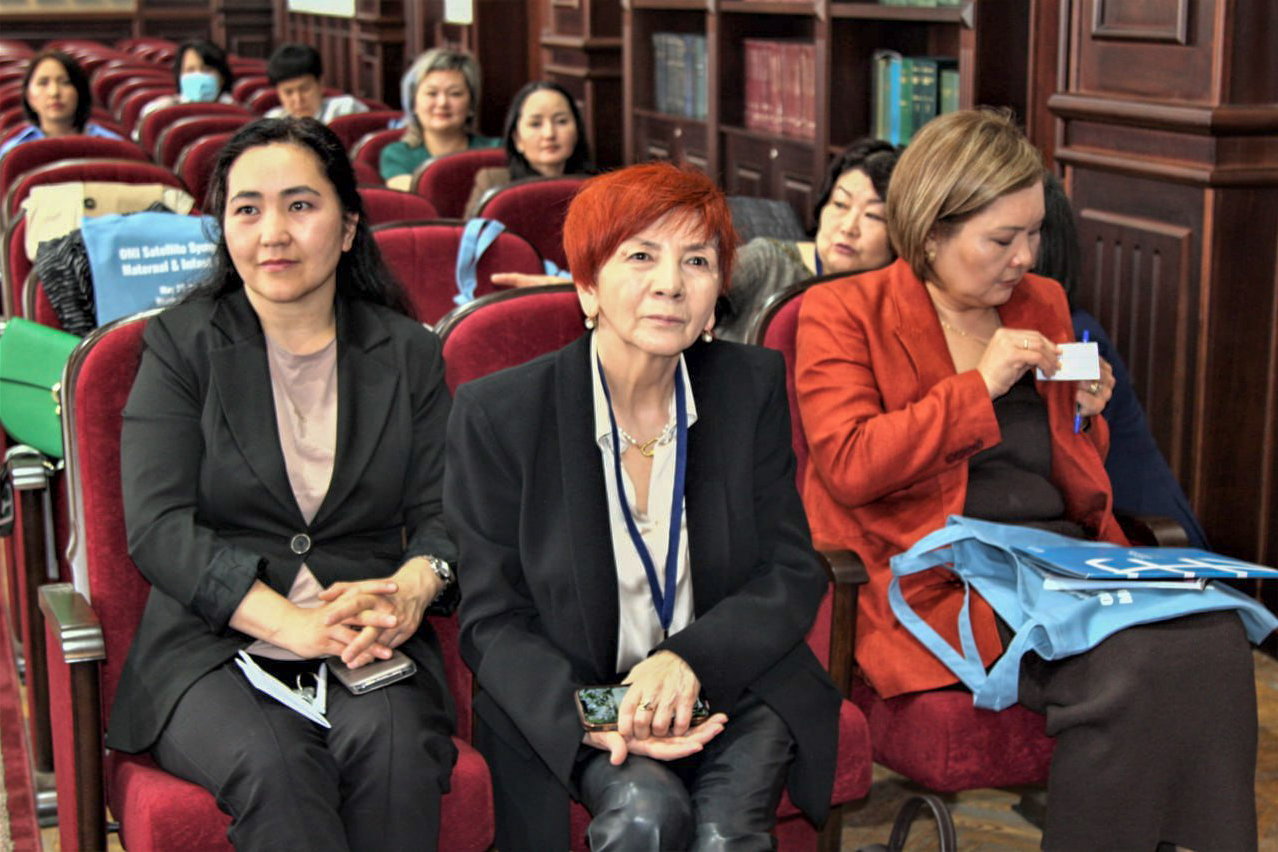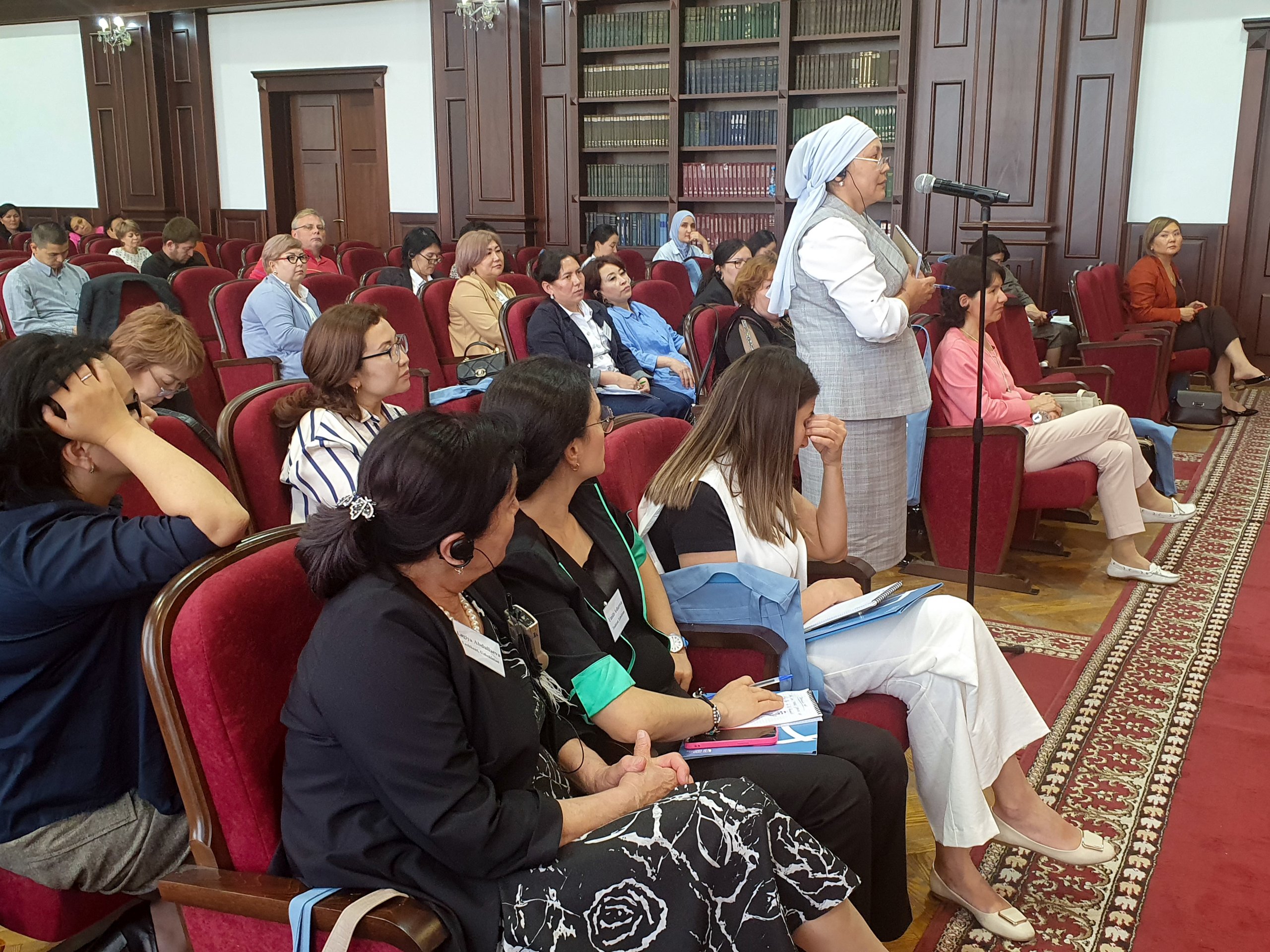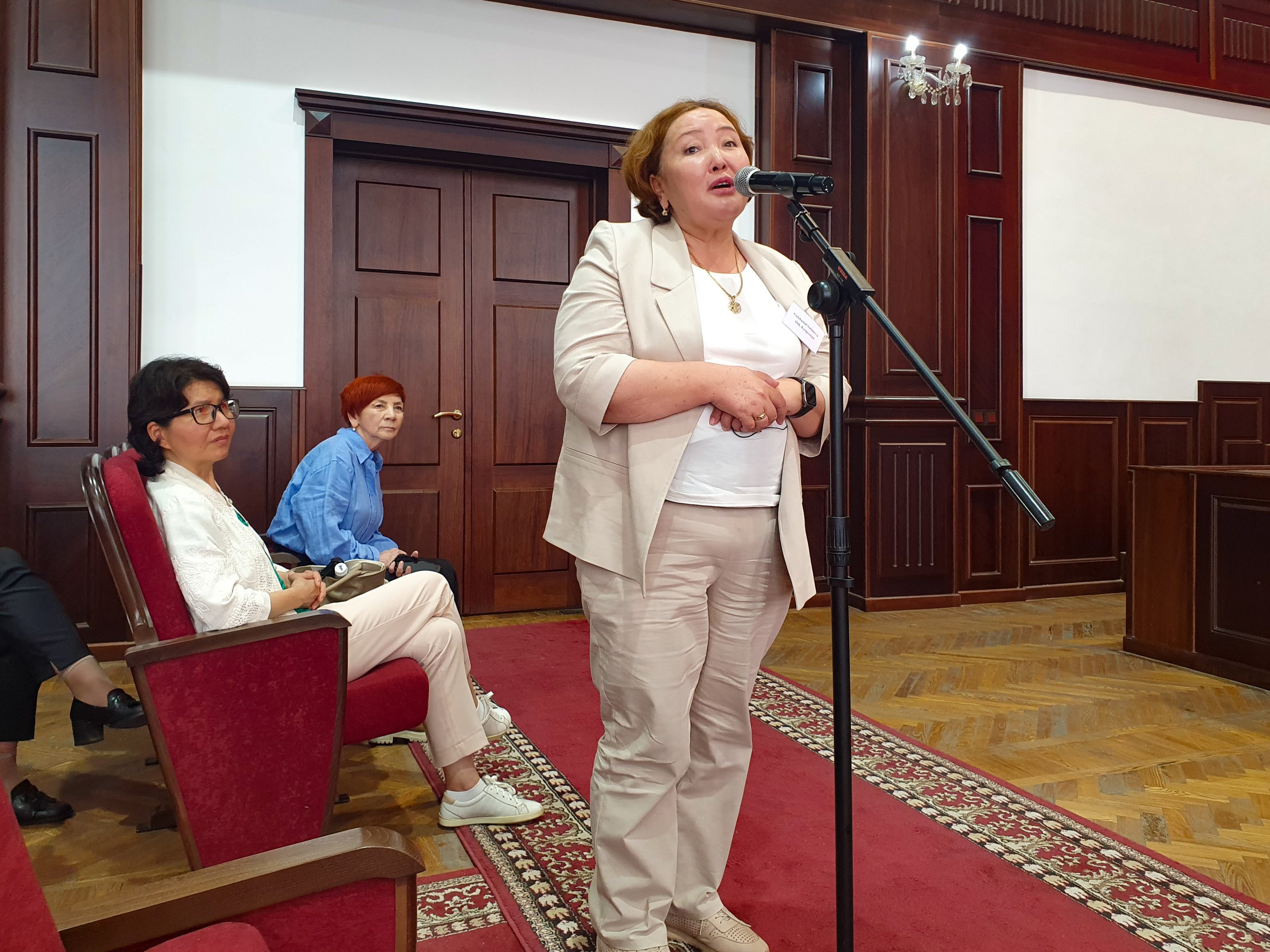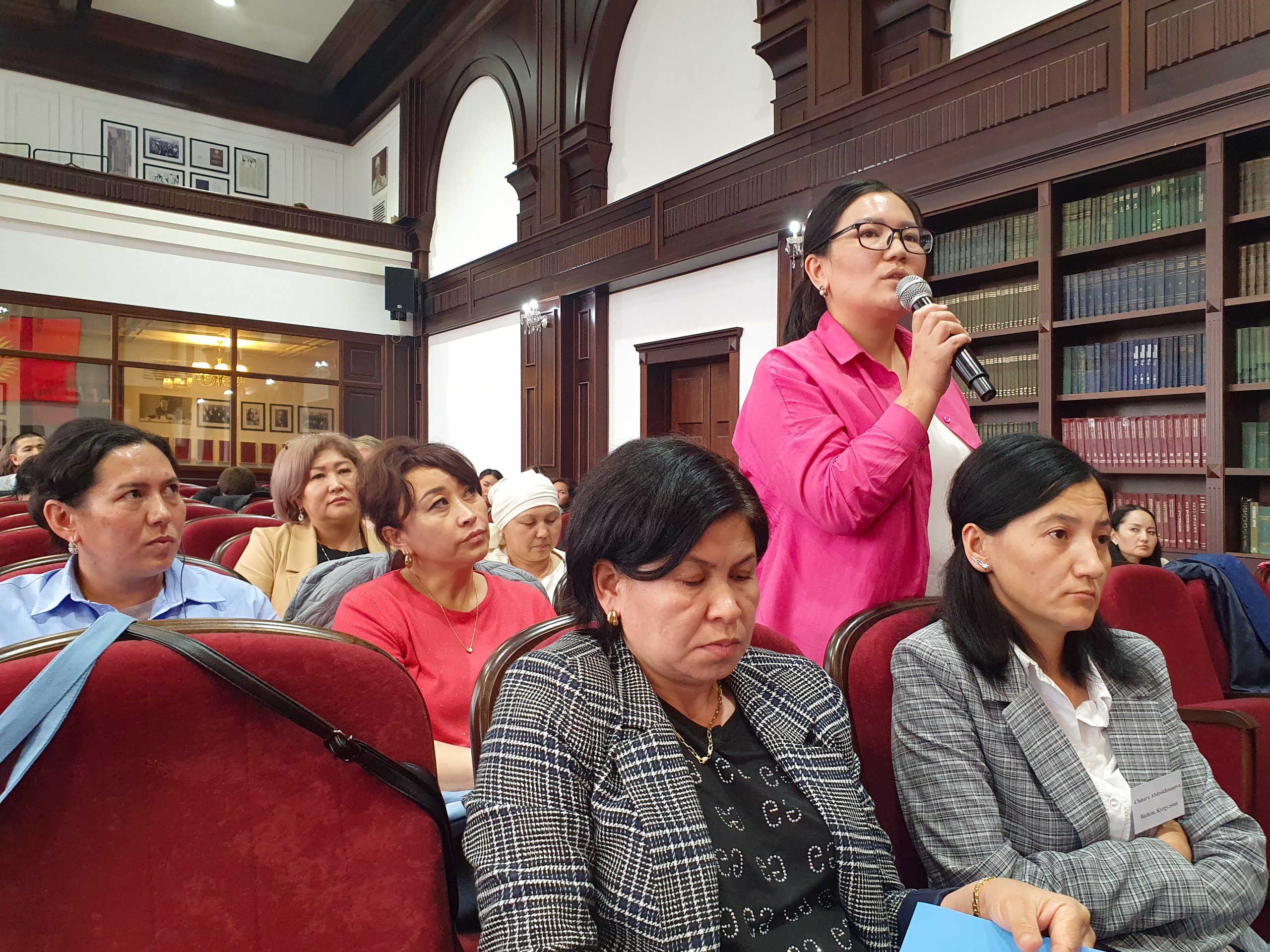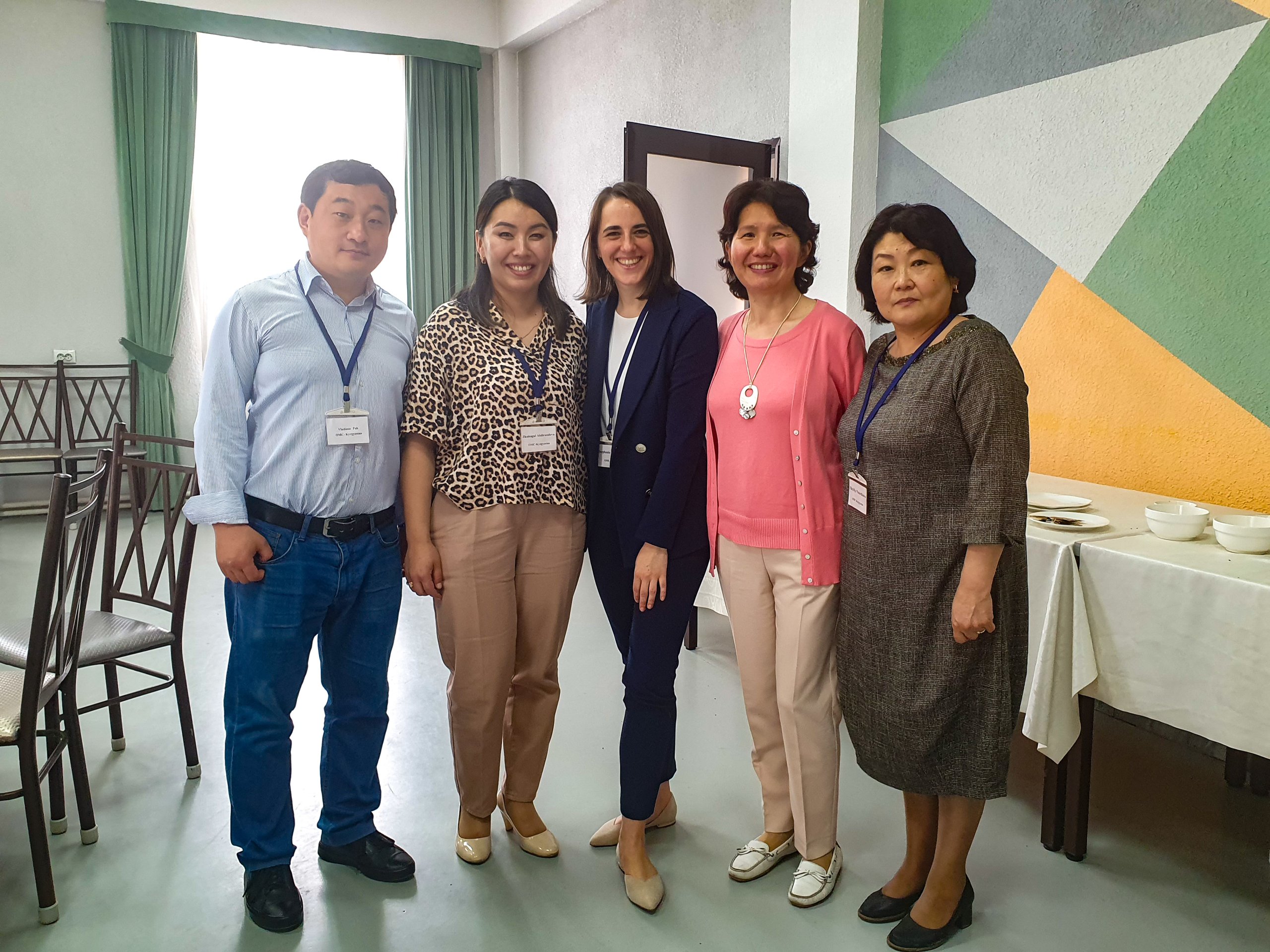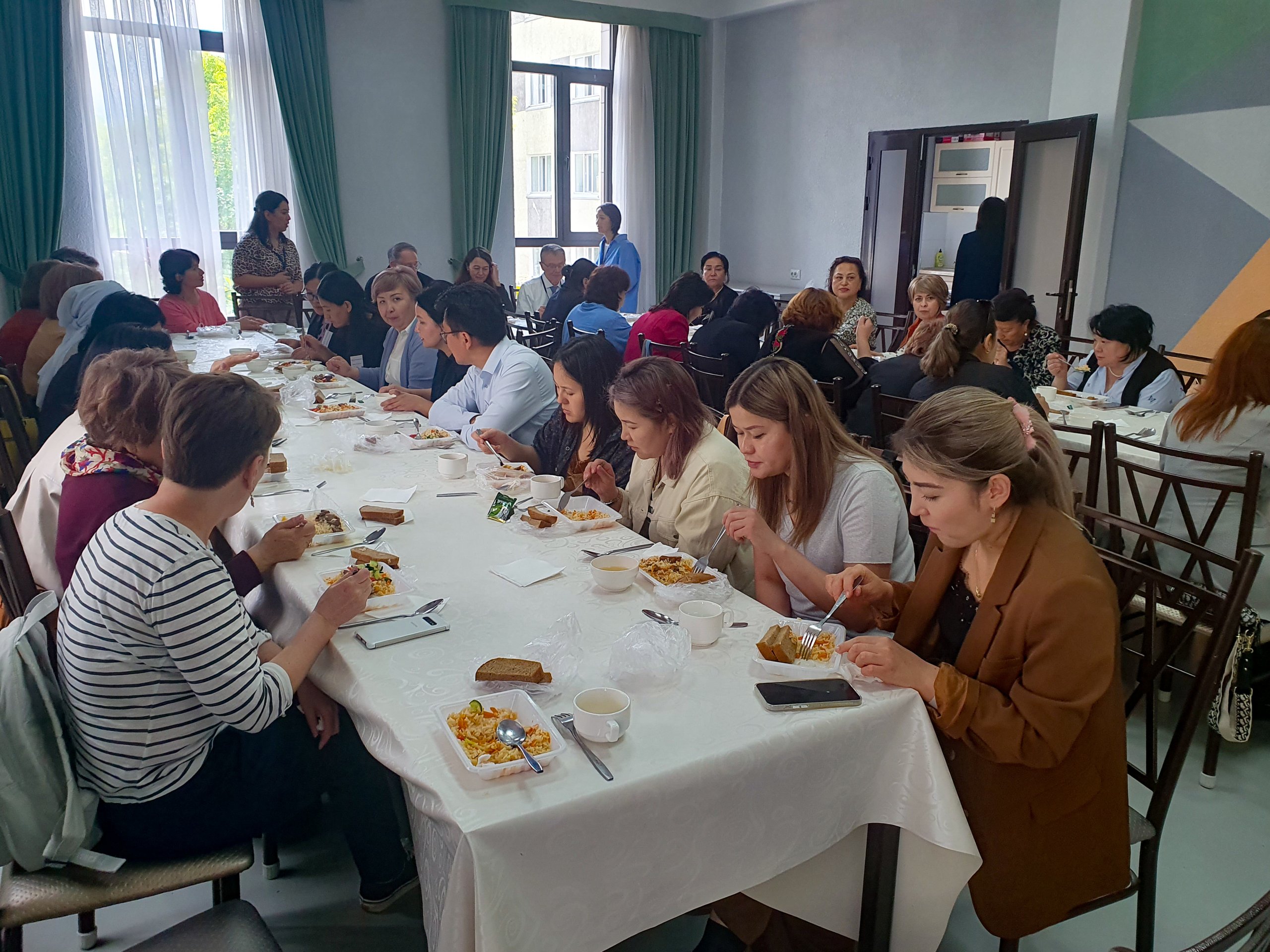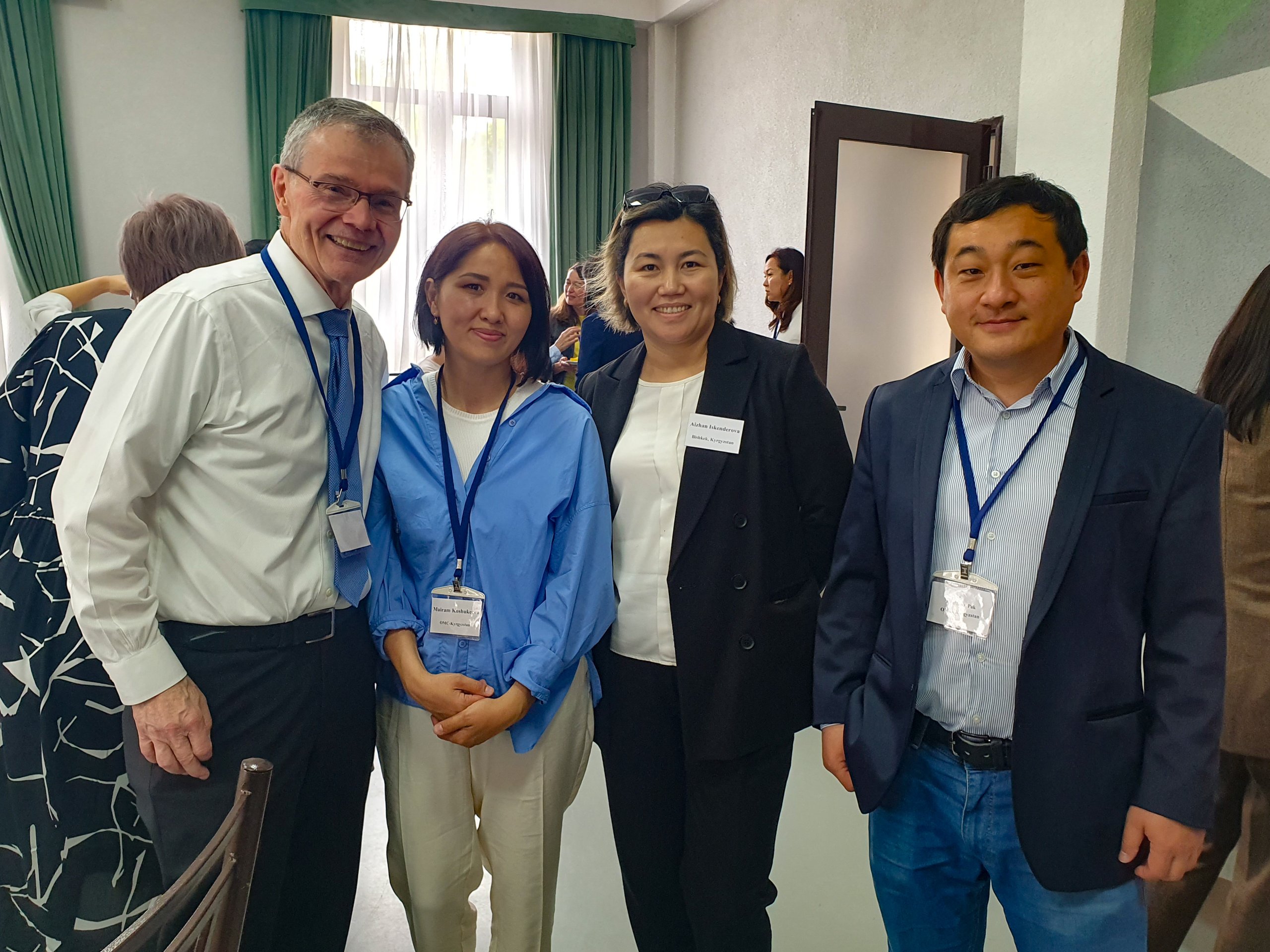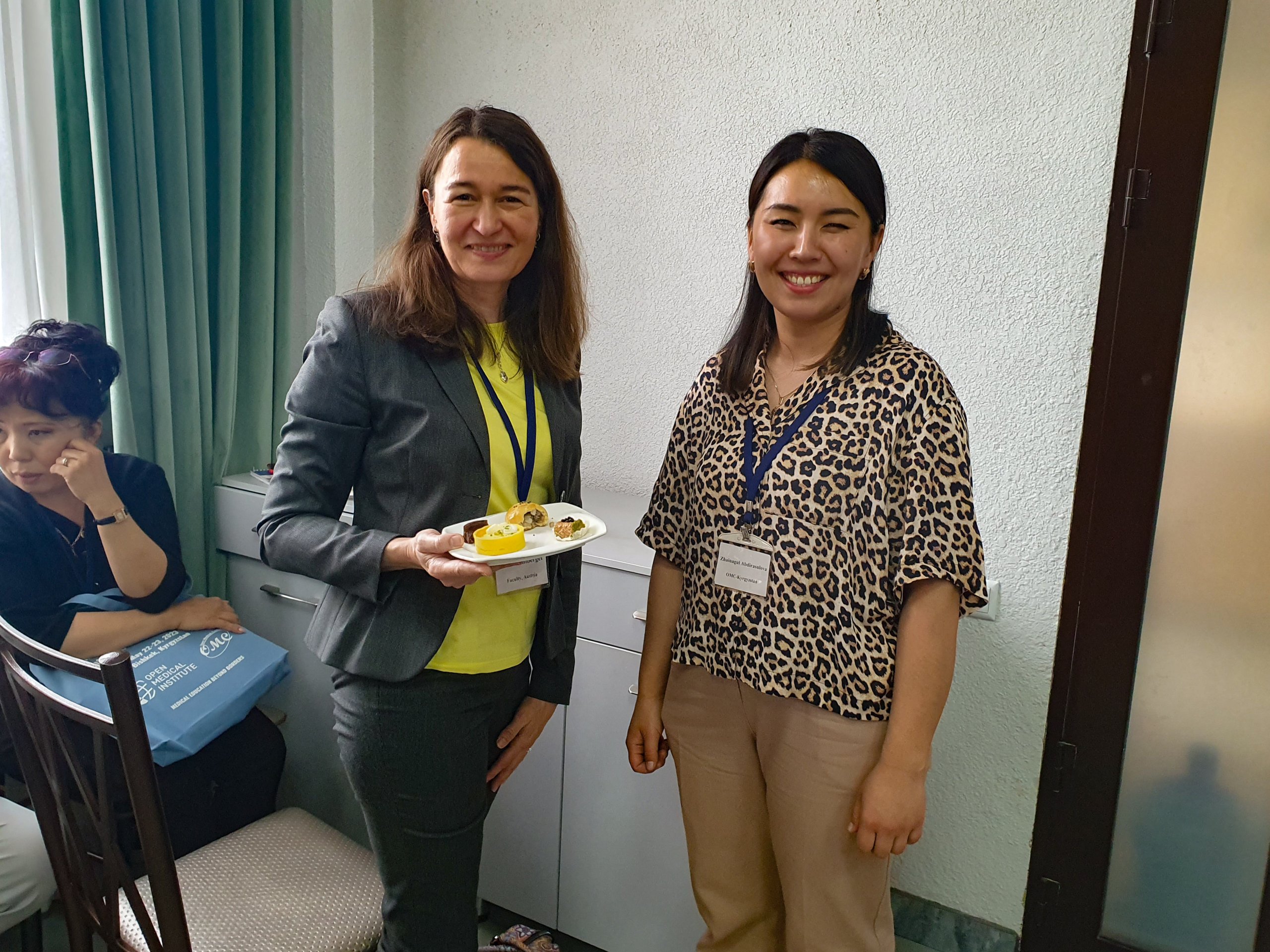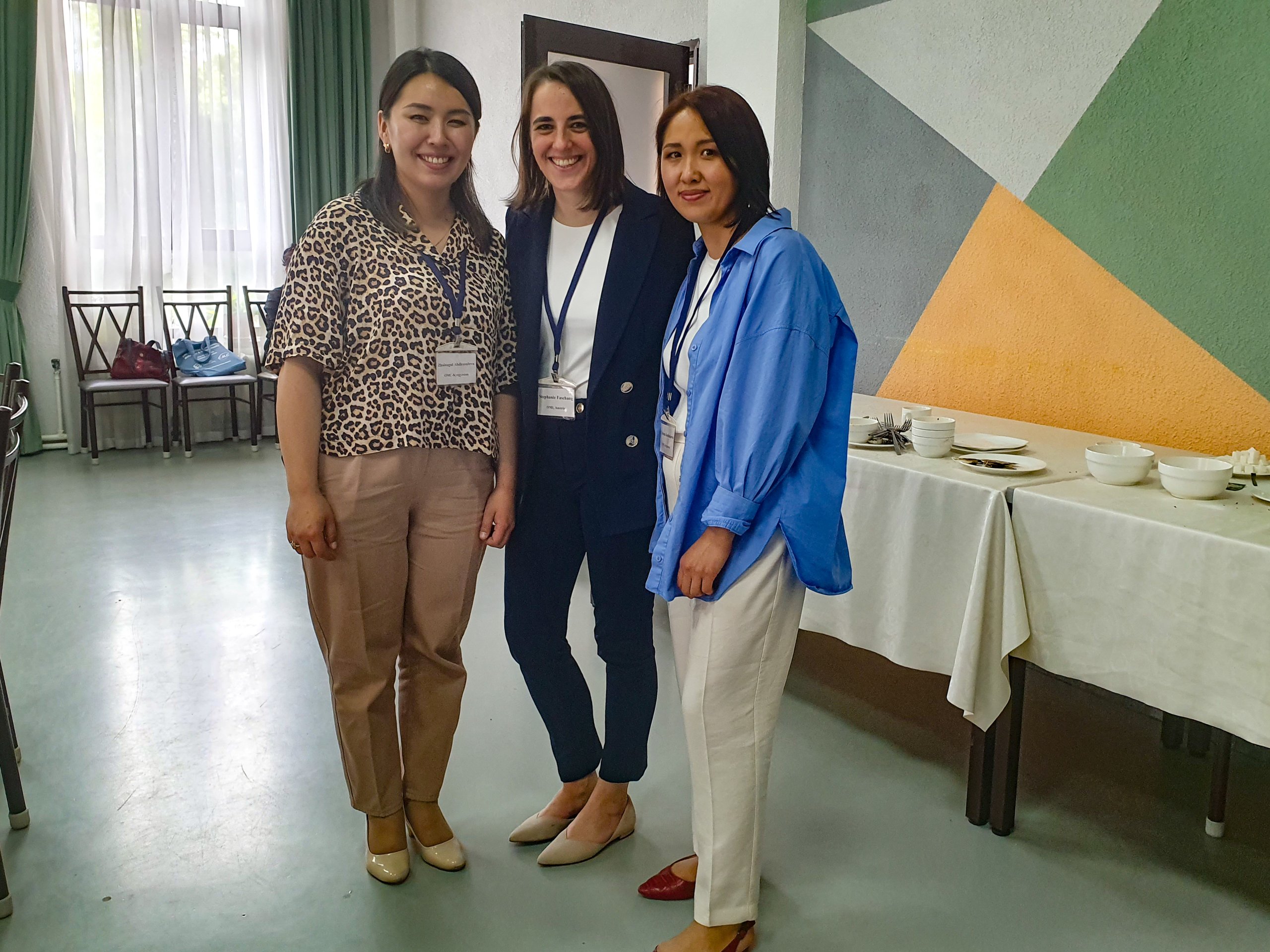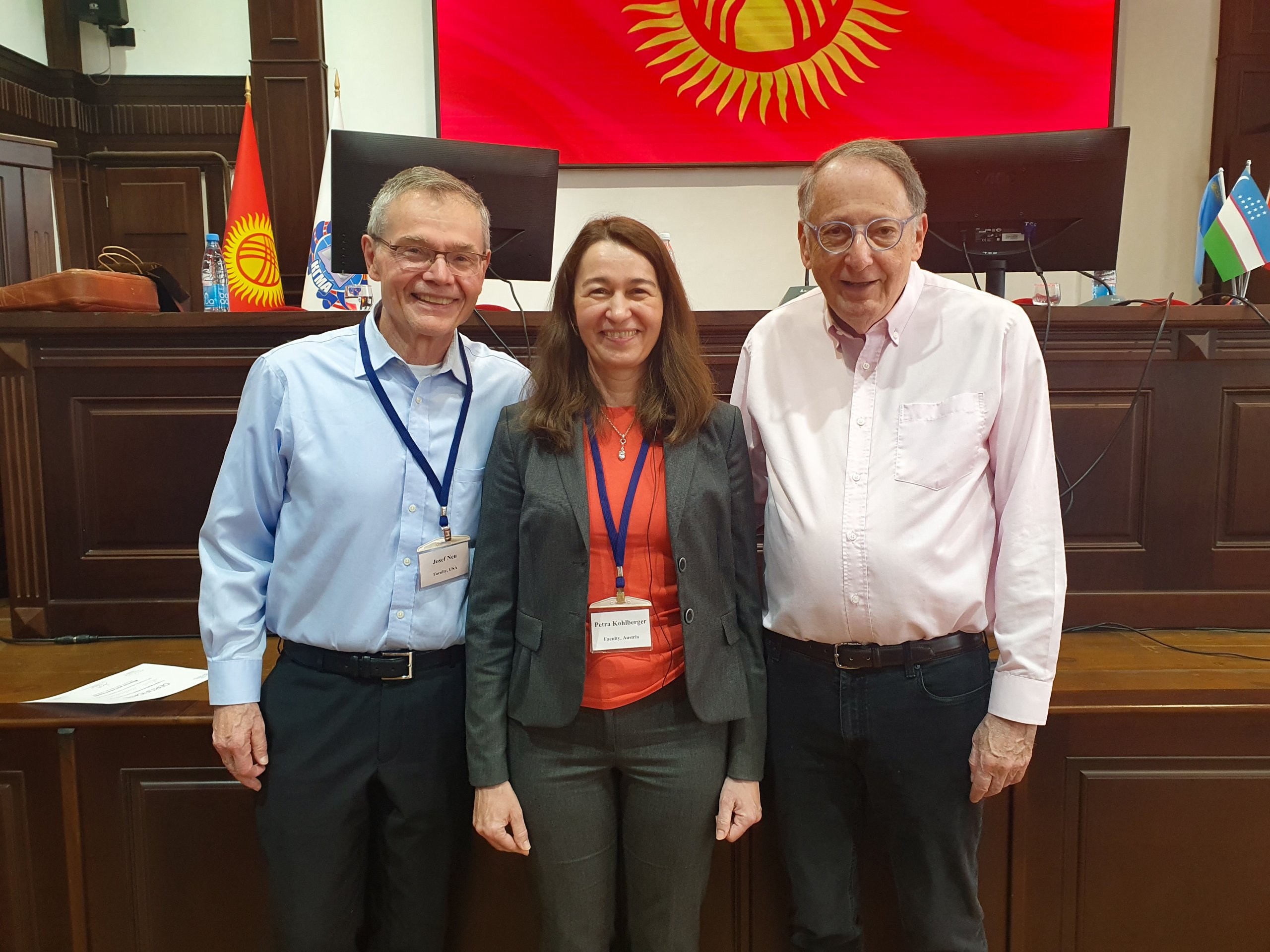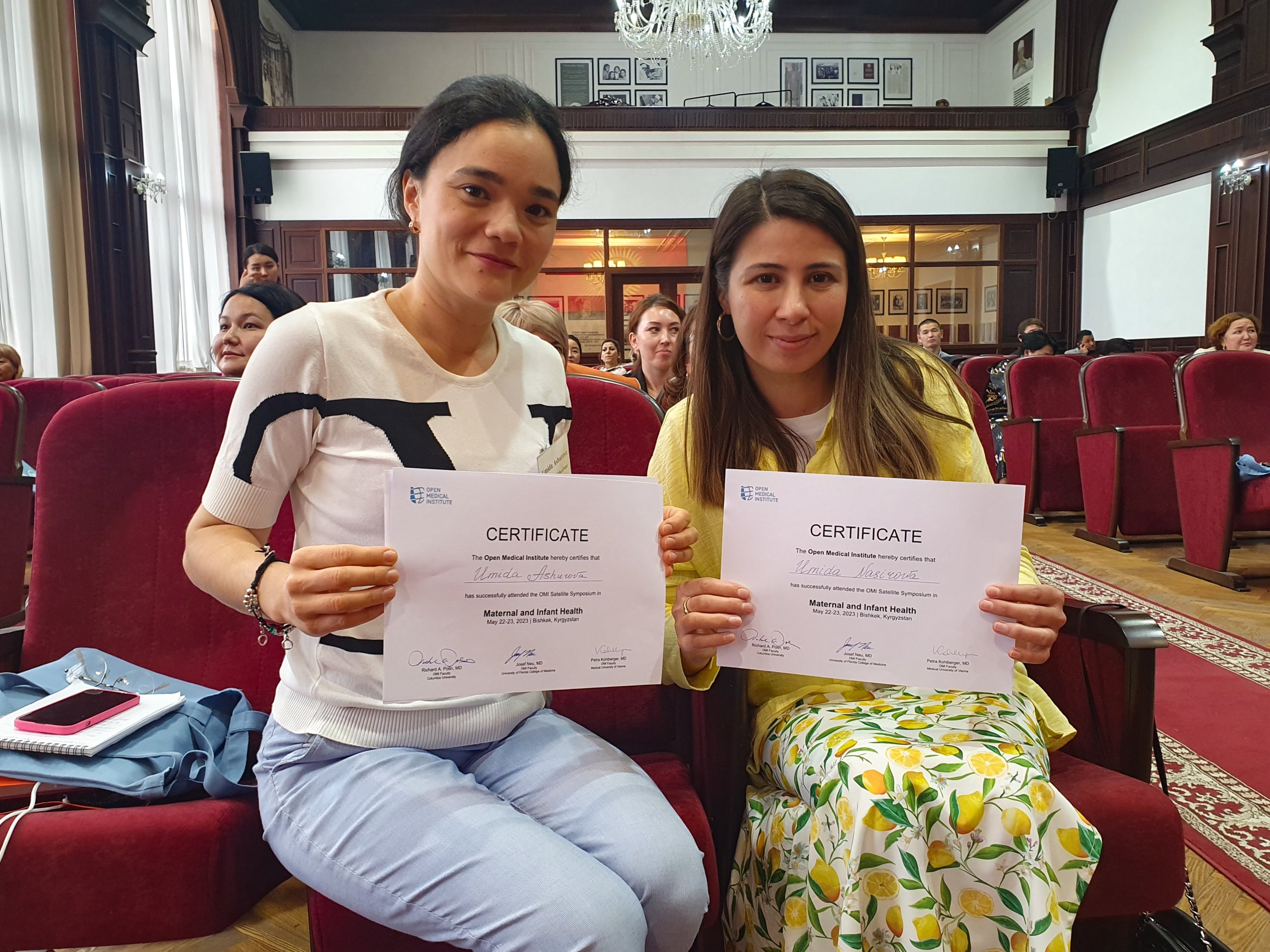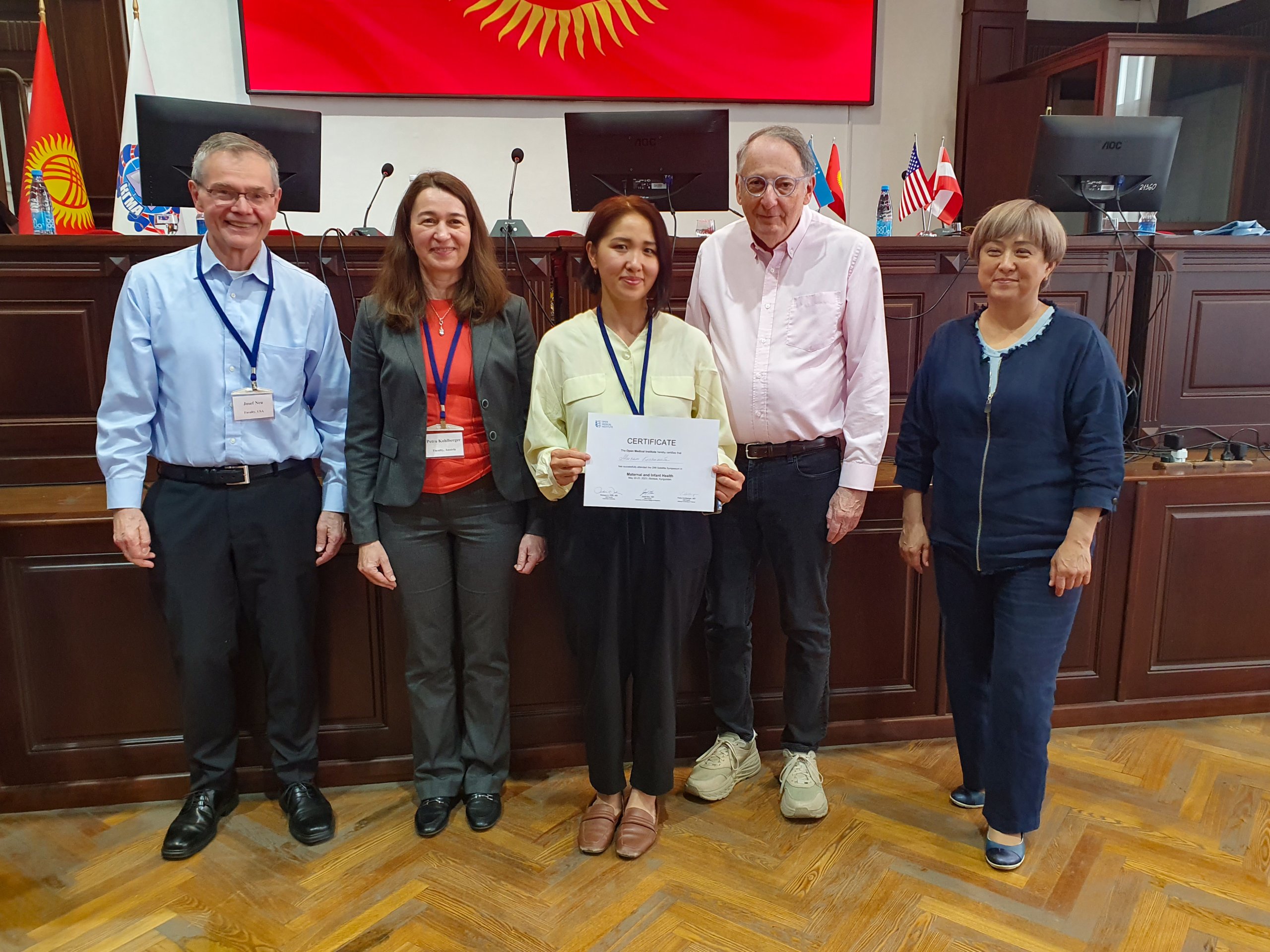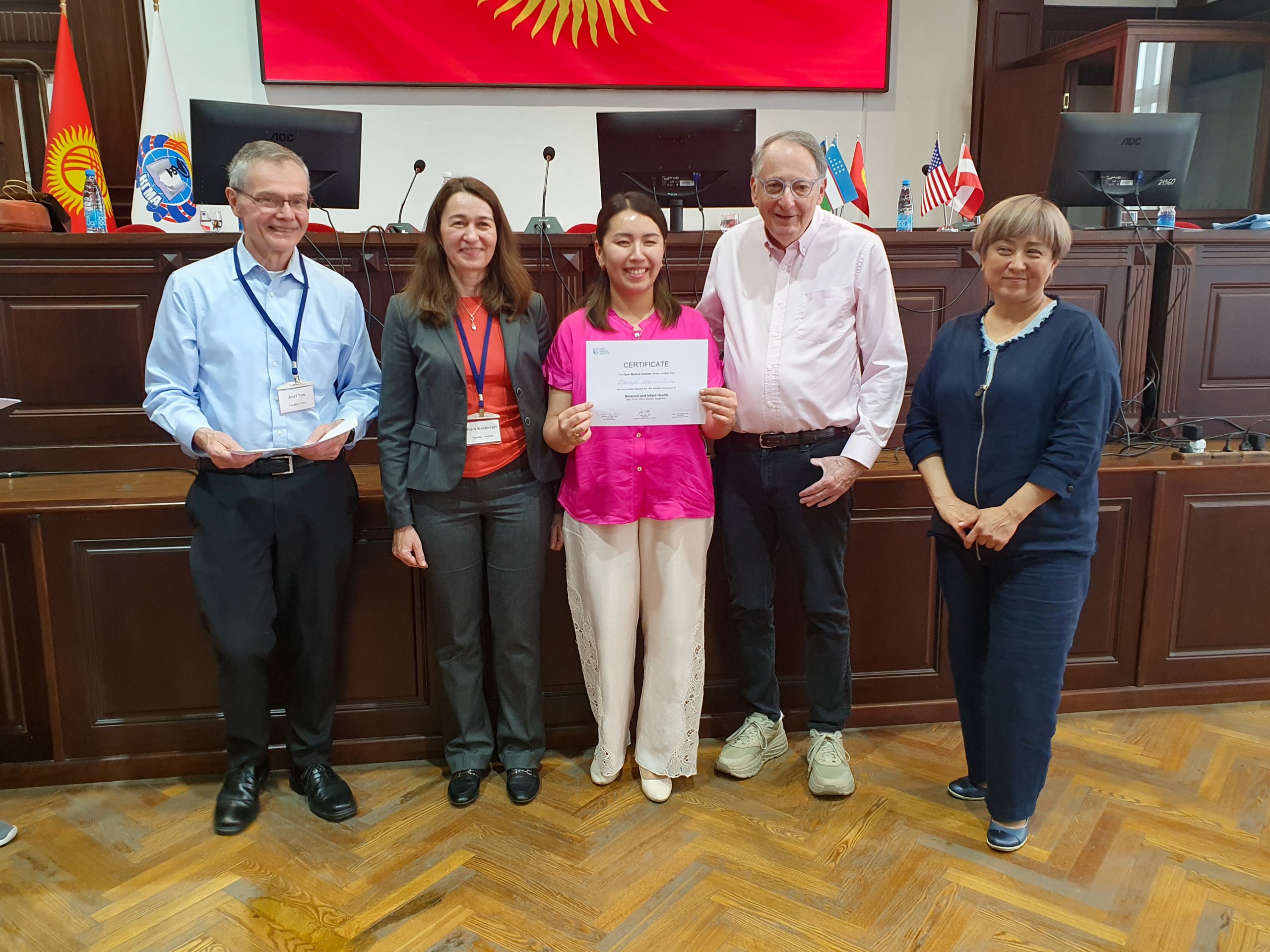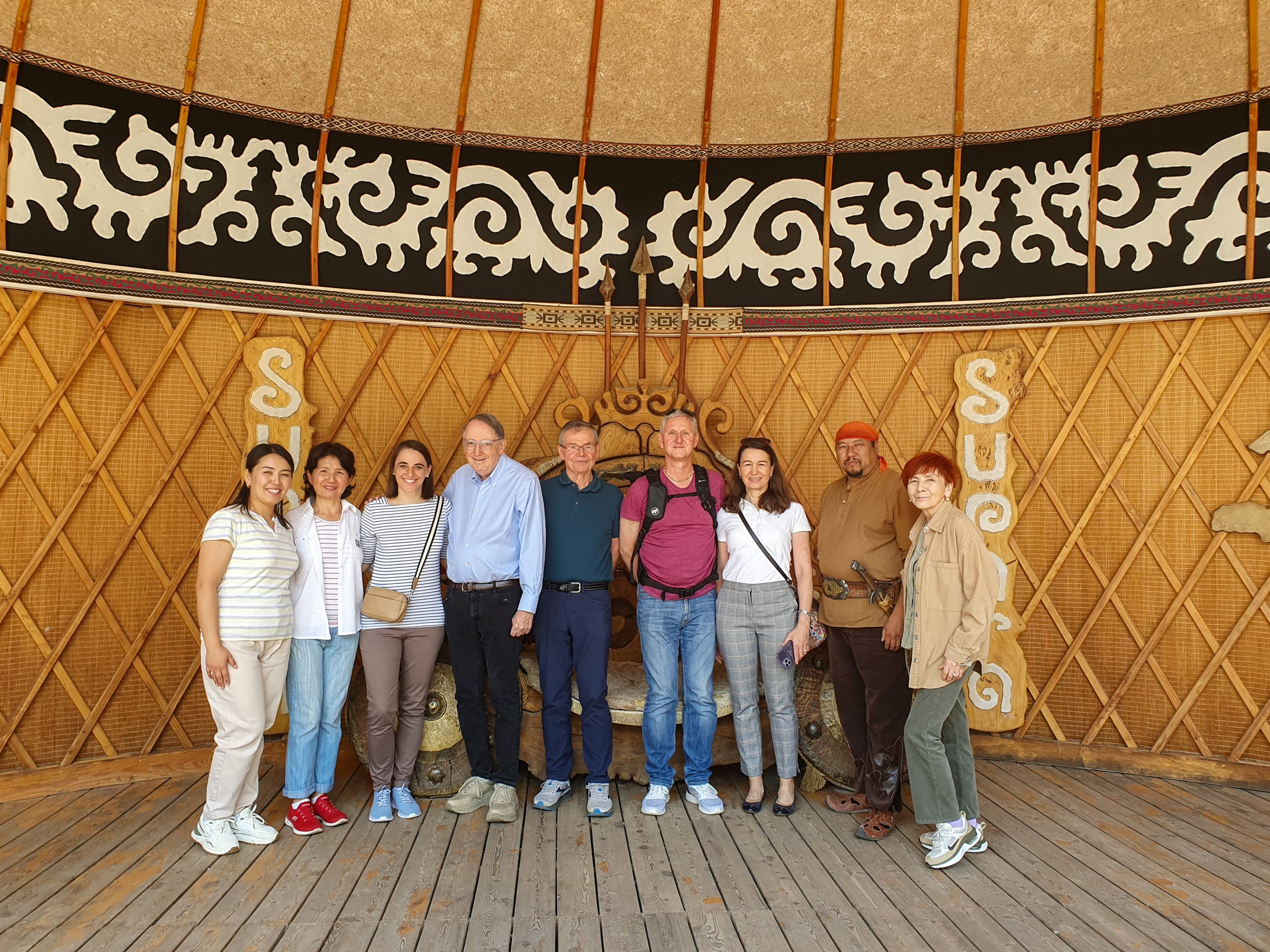Could you find Kyrgyzstan on an unlabeled map? Kyrgyzstan is a sovereign state in Central Asia, with a population of 6.7 million. Bordered by Kazakhstan, Uzbekistan, Tajikistan, and China, it is a landlocked, lower middle-income country, which gained independence from the Soviet Union in 1991. Since then, Kyrgyzstan has undergone several health reforms focusing on restructuring hospital care, developing primary healthcare, introducing financial reforms, and reducing the financial burden of healthcare for patients.
Maternal, newborn, and child health are key indicators of health system performance. In the past two decades, Kyrgyzstan has made considerable progress in reducing child mortality. However, maternal mortality is still high. According to National Statistical Committee data, for the past 15 years, Kyrgyzstan has seen neonatal mortality rates decline from 19.0 (per 1,000 lives) in 2004 to 12.7 in 2020. Notably, stillbirths have decreased by 32.6%, and child mortality during the first week of life has declined by 40%. Despite this progress, there are nearly 1,400 stillbirths and 2,000 neonatal deaths before the age of one month each year. The newborn mortality rate in Kyrgyzstan remains high. Nearly 80% of deaths in children under the age of one year in the country occur within the first 28 days of life.
From May 22 to 23, 2023, the OMI held a high-impact maternal and infant health satellite symposium at the I.K. Akhunbaev Kyrgyz State Medical Academy (KSMA) in Bishkek, the capital city of Kyrgyzstan.
Neonatology pioneers Dr. Richard A. Polin (Columbia University) and Dr. Josef Neu (University of Florida) teamed up with gynecologist Dr. Petra Kohlberger (Medical University of Vienna) to share their expertise with pediatricians, gynecologists, and obstetricians coming from all seven regions of Kyrgyzstan, Uzbekistan, and Kazakhstan.
Attended by 56 doctors, the event focused on premature birth, labor induction, hypertensive disorders, non-invasive ventilation, life in the NICU without antibiotics, intestinal injury and dysfunction in preterm infants, and optimization of nutrition for preterm children.
Involving local experts is an integral part of the OMI global activities. While Dr. Gulzat Maimerova, director of the National Center for Mother and Child Health Care, joined the opening of event, Dr. Raisa Asylbasheva, chief specialist of the Department of Health Care Organization and Drug Policy and chief specialist of OB/GYN of the Ministry of Health, and Dr. Arsen Askerov, president of the Association of OB/GYN of Kyrgyzstan, participated in a lively round table discussion, which addressed major challenges in the improvement of the health and well-being of Kyrgyz mothers and infants.
In addition to the academic program, faculty had the chance to visit the City Perinatal Center in Bishkek, gaining deeper insight into the local health infrastructure and patient care processes.
We would like to thank Dr. Lola Asanalieva and her organizing committee for making this satellite symposium happen!
